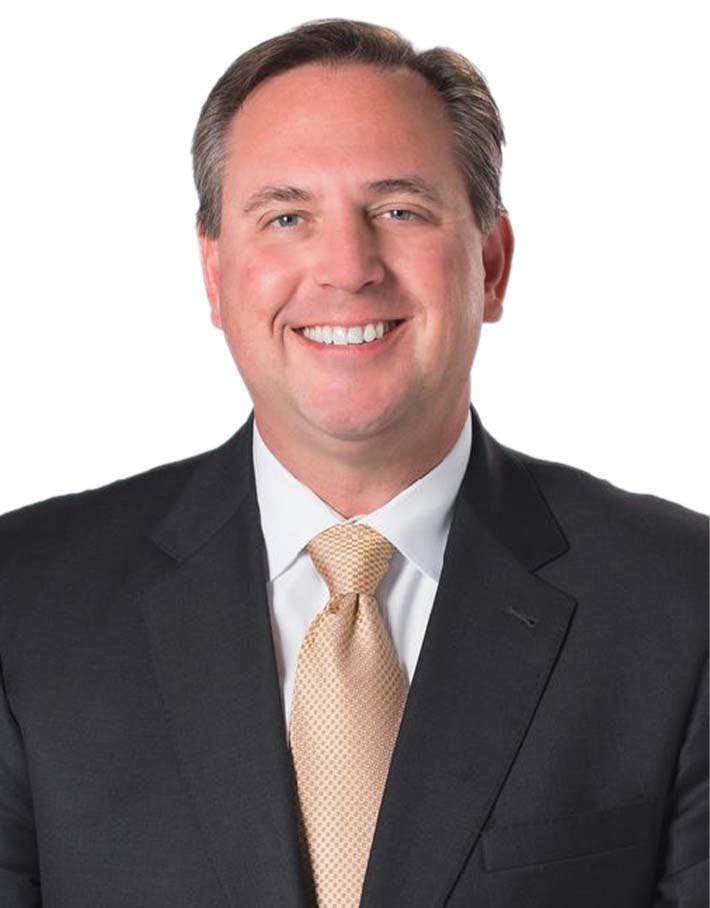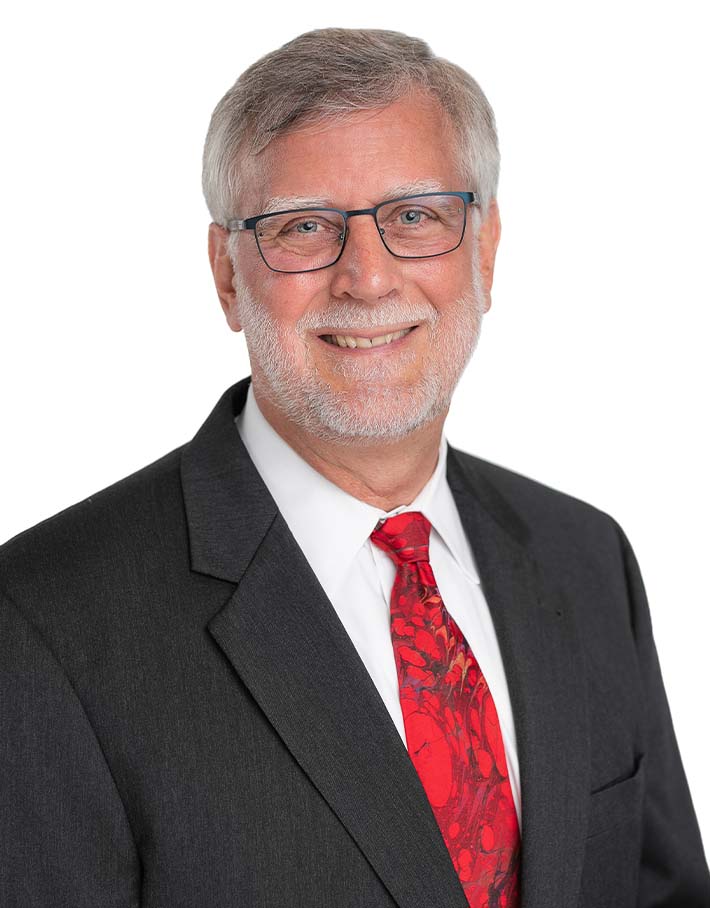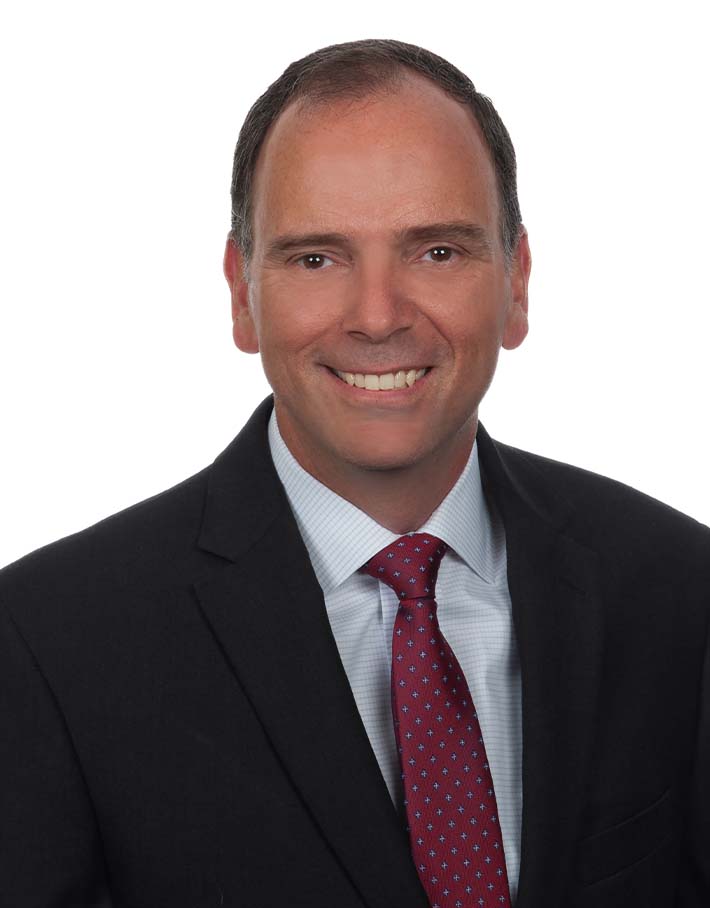FINOP Exam Priorities and COVID 19 Impacts on FINOP Procedures
By Clark Tucker, Jeff Harpel and Robert Hall
Subscribe to our original industry insights
The FINOP is specifically responsible for financial filings and books and records related to those filings. Each year FINRA produces its Exam Priorities, indicating which areas of compliance on which it will focus. While FINOP work isn’t always a hot topic, there are a few areas mentioned that could affect FINOPs. In our April 8, 2020 episode of Oyster Stew, Oyster’s Rob Hall, Jeff Harpel and Clark Tucker discuss the exam priorities as they relate to FINOPs. Also, in light of the COVID 19 virus pandemic, what firm business continuity plans should take into account, from the FINOP perspective.
If your firm is struggling with FINOP responsibilities, Oyster Consulting has retained some of the best talent in the industry. Our consultants have experience assisting our clients with a long-term solution, filling a short-term need, or training a newly-registered FINOP. Oyster can support the day-to-day operations across your firm, allowing you to spend valuable time investing and communicating with clients. When working with Oyster, you aren’t just working with one consultant, you are working with the entire team, with access to the combined knowledge and skills of our associates.
Transcript
Transcript provided by Temi transcript services
Oyster Consulting:
Welcome to this week, serving Oyster Stew, a mix of financial services, commentary, and insights. Each week we’ll discuss what is happening in the industry based on what we see as we work with regulators and clients. We hope you come away with the knowledge and tools to help you make the best decisions for your firm’s future.
Rob Hall:
Hi everyone. I’m Rob Hall. I’m the CFO of Oyster Consulting and the host of today’s podcast. Today I’m here with Oyster’s FINOP consultants, Jeff Harpel and Clark Tucker, and we’ll talk a bit about FINRA’s exam priorities as far as FINOPs are concerned, and, in light of the COVISD 19 virus, what firms should be considering around their business continuity plans and FINOP work. Jeff and Clark both have extensive experience as outsourced FINOPs, as well as having held CFO and FINOP positions in the securities industry prior to working for Oyster. So, Jeff, earlier this year, FINRA produced their annual exam priorities letter and there were a couple of items specifically around FINOP work. Can you talk a little bit about them?
Jeff Harpel:
The basics, they are still going to cover for all of us, and they’re still going to make sure you’re complying with the Net Capital rule. Your books and records are up to what you call allowable and is all accurate. You know, we’re as FINOPs we’re never going to get out of those things. They’re going to always look at those. Don’t forget that they’re going to come in the door and they’re going to say “let’s see your trial balance and your balance sheet, your net capital calculation for this month end,” and all those things are going to happen just like they always do it, because they always look at them. And in addition to that, they might focus a little bit more heavily on the bank sweep program. If you’re a clearing firm and how you do that, or if you actually do underwritings, how you make sure you have your commitments and how you’re getting the information as a FINOP out to get the right commitment charge. But the basics are always going to be covered. So be ready no matter what.
Jeff Harpel:
So, we know that you know FINRA is going to come in and do an exam and they’re going to look at all the normal things. They’re going to check net capital, they’re going to check your adherence to reserve requirement if that happens to apply to you. And then this year, they have a couple of specific areas they want to highlight and focus on, one of which is cash management and bank sweep programs. Now for many of our firms, they might not do that. But if you are a clearing firm or maybe even an introducing firm who is involved in this program through a clearing firm, you know this might be important to you. A lot of the issues they’re highlighting relate to how you disclose and sell, and get people to sign up for the program, which isn’t really FINOP. But there are a couple of points that kind of do roll into the finance world, and that is what they’re going to check to make sure that a firm is performing reconciliations of customer balances held at each destination bank.
Jeff Harpel:
That’s important because if there aren’t reconciling differences, they could have an impact on your 3-3 calculation, your reserve calculation, in that you might have credits you have to include in the formula, or if you have unfavorable differences, you might have capital charges. So be aware that their focus might be how it’s being sold and marketed, but there’s still impacts to the FINOP area. And also, going to look at bank sweep programs and how the money actually moves to the either bank or money market fund, as the case may be, because it’s still your credit in your reserve formula until it gets there. And you have to be careful how the money’s in transit and how you have it recorded. So those things matter to the bank sweep programs. They’re also, you’re going to look at contractual commitments arising from underwritings.
Jeff Harpel:
And again, a lot of our clients don’t do that, but many others do. So, it’s important from a FINOP perspective. Again, a lot of their focus is marketing and sales, what I would call sales practices, but still FINOPs get affected. FINOPs need to know what the commitments are. It has to be able to get the documentation, have the documentation of whether it’s a firm commitment or best efforts, and best efforts you need. You’re not going to have a firm commitment capital charge, a firm commitment underwriting. You will and have to know what that underwriting is, what the product is, what that commitment charge will be. And we all know that you have 100% of whatever that is for at least the moment you signed the deal. So, there’s a lot of information you need to make sure you get and make sure you document. As we’ve said in other blogs, if it’s not documented, it didn’t happen. Be aware of those things and check your procedures, be sure they’re up to date and you’ve got everything documented, signed, sealed, and delivered.
Rob Hall:
Okay, thanks Jeff. So, in light of what’s going on these days with the COVID 19 virus, let’s take some time now to talk about the firms’ business continuity plans and how they can affect FINOP work.
Jeff Harpel:
We’ve always known that net capital’s a moment to moment calculation, and you’ve always had to be able to do that no matter the circumstances. And you’ve always had to have contingency plans, business continuity plans. So, if this goes down, you’ve got another way to do it. And I don’t know that this is going to be that different unless it gets really, really bad. I mean my expectation is with it, while they expect to have a business continuity plan, they expect you to be able to work from home if you have to. So be ready to do that. A firm has to be able to maintain their books and records during any kind of interruption. So, if you normally go into the office to pay bills, let’s say, how would you do that? If you can’t go to the office, you know, can you receive your invoices electronically?
Jeff Harpel:
Oyster sends out invoices via email so they can be approved electronically through some sort of workflow process and still be paid. Will that still happen? And you can still be a viable company if nobody can go into the office. So, you know, those kinds of things have to happen. And then it’s not just getting people paid or invoices paid. But how is all that accumulated? How will all the other general enters get in? Do people have access to accounting systems remotely? Is there a workflow remotely that will allow for approval of transactions and then the compilation of all the data so you can create reports? Can all that happen if people can’t go into the office – normal business continuity for a finance kind of area. It just happens to be a virus. It could have been anything else. They’re pretty routine thought you have to have in mind.
Rob Hall:
And that’s a business continuity plan, but if you drill down just to FINOP work, you need to make sure that you have access to the finances or somebody has access to the finances that can run reports and send to the FINOP. And as Jeff touched on, the FINOP is responsible for the books and records. So, keeping books and records up to date and secure, that’s all part of it.
Jeff Harpel:
This is sort of an unscheduled test of people’s business continuity plan.
Rob Hall:
Well, our process, the upside is that our process is basically remote anyway. Our general daily process is remote except for the few times that you feel like you need to go and get to the office. So, we are working a remote process every day of the year as an outsource FINOP, as opposed to a FINOP that actually works there – is physically located there
Jeff Harpel:
As an outsourced FINOP we already have figured out how to do things remotely. And most of the firms we work with, I figured out how to do things remotely. So those are already in place.
Clark Tucker:
The type of broker-dealer also helps to determine this, and the urgency behind it. Because for example, a retail firm where client money and client securities and client trading and client best interests and client protection are critical – that’s going to have a higher priority. Smaller, limited purpose firms, there’s lower volume of business. So, the minute-to-minute sense of urgency is not on anywhere near the same level. A firm that does M&A advisory for
example, they might not close merger and acquisition but three times a year. And so the rest of the time it’s just basic accounting. But the sense of urgency is very different. It’s when we involve retail clients or trading firms where seconds matter, or the intra-day difference matters.
Clark Tucker:
(Inaudible) is a great example. They issue commercial paper twice a year, and so all of that is kind of outside and not really that impactful on a minute-to-minute basis. But we can know what their financials are because they’re not changing rapidly. Some of these other firms that have larger staff within the broker-dealer and retail business, that’s where I think it takes a higher priority. And you would hope that those firms do have the business recovery plans in place that allows them to at least get the basics done.
Rob Hall:
Okay. That was all great information that I’m sure people in the industry are going to appreciate. So thanks for sharing your experiences, and also, thanks to everybody for listening. If you have any questions about what we’ve discussed or other FINOP questions, or if you have a topic you’d like to us to discuss in the future, feel free to call us at (804) 965-5400 or visit our website at www.oysterllc.com.





